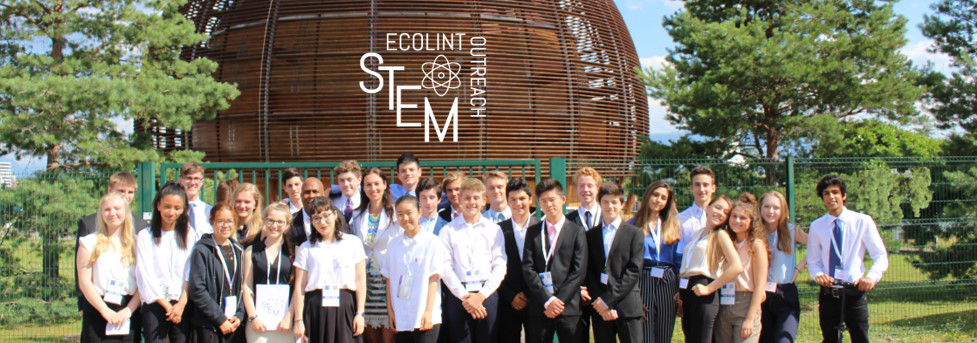Today, science, technology and innovation are among the most powerful forces driving social change and development. However, science and society are not sufficiently integrated, and future planning needs to be better coordinated with a need to keep the dialogue between scientists, diplomats, policy makers, business experts, schools and the public vibrant and relevant for our collective futures.
Science is at the heart of producing new solutions to many of the challenges posed by increasing risk of climate change and by the applications of new technology, which is emerging as part of The 4th Industrial Revolution. It is therefore of critical importance to the future of society that we have enough young people aware of the role of science and studying Science, Technology, Engineering and Maths (STEM), which will provide a talent pool for the science community to tap into to meet the increasing need for scientists. Moreover, it is also crucial to increase the awareness of the role of science in addressing the global societal challenges, and achieving UN Sustainable Development Goals.
Two big challenges the scientific community faces today are declining interest in physics and STEM education and threatened funding of the fundamental research.
CERN is world leading particle physics laboratory but also a voice of science in the UN family, an outstanding innovation driver and model for peaceful international collaboration.
CERN's 4 core missions are research, innovations, education and international peaceful collaboration. Thus, CERN de-facto contributes to 5 SDGs: Health (3), Education (4), Innovations (9), Peace (16) and Partnerships for Goals (17).
The scientific community including CERN urged Agenda 2030 to ask that there be a minimum GDP percentage devoted by every nation to STEM education (Science, Technology, Engineering and Math education) and basic research. This is particularly important in times of economic downturn, when private funding naturally concentrates on short-term pay back and governments focus on domains that offer immediate economic return, at the expense of longer-term investment in fundamental science.
The International Particle Physics Outreach Group (IPPOG – ippog.org) is a key partner in supporting CERN with its global mission, in particular in CERN’s efforts to promote particle physics and to serve society on a global level (bringing CERN educational and outreach activities to member states and outside of member states).
IPPOG is a network of scientists, science educators and communication specialists working across the globe in informal science education and outreach for particle physics. IPPOG represents a key platform for engaging on a global level, building partnerships within the community and across communities, and for supporting the broader scientific objectives of particle physics, reaching out to wider society in diverse ways that are adapted for every target audience.
We in IPPOG believe that we must explore new paths to engage citizens – especially the young. Reaching out to high-school students and their teachers to convey the methods and tools used in fundamental science is a strong investment in the future. While only a fraction of young students will become scientists, and fewer still will become particle physicists, all can become ambassadors for the scientific method and evidence-based decision-making.

